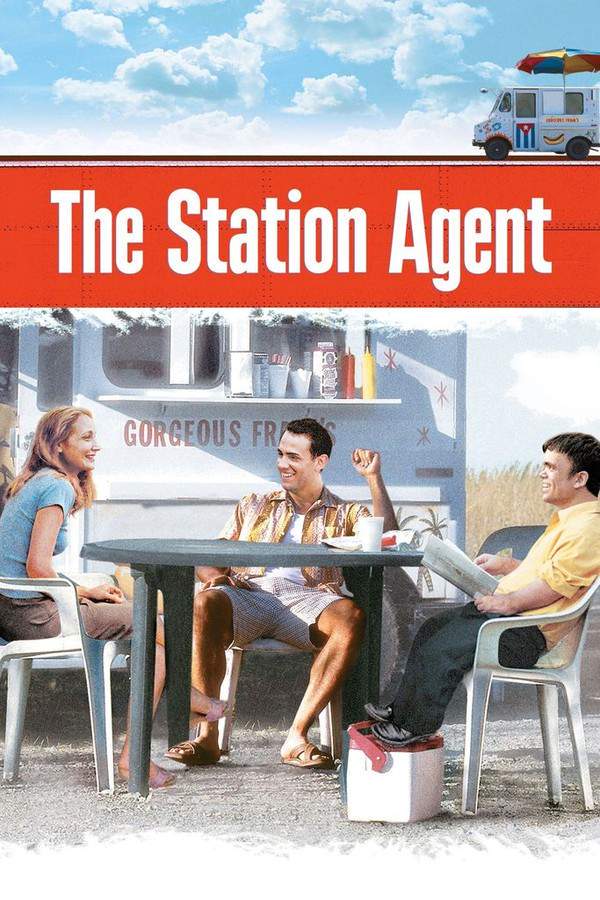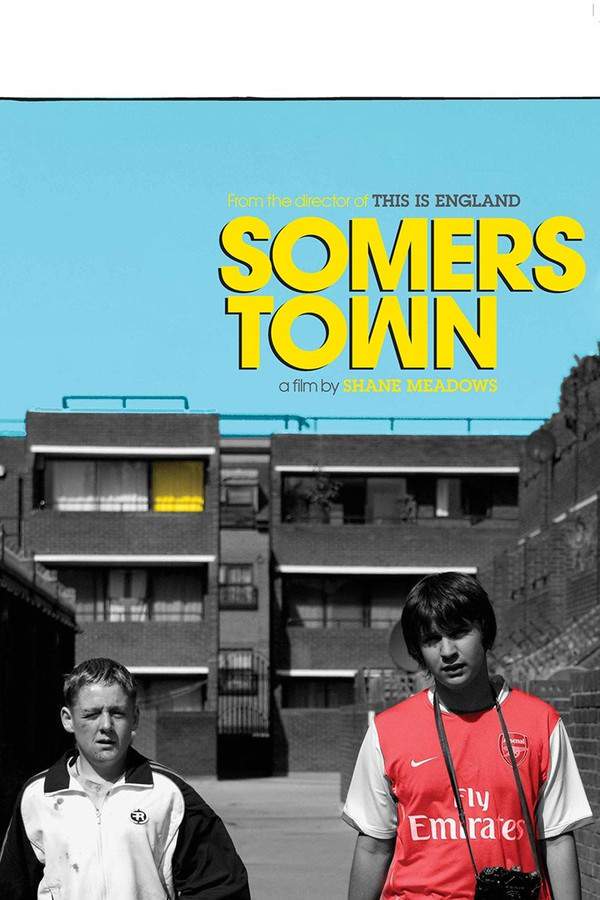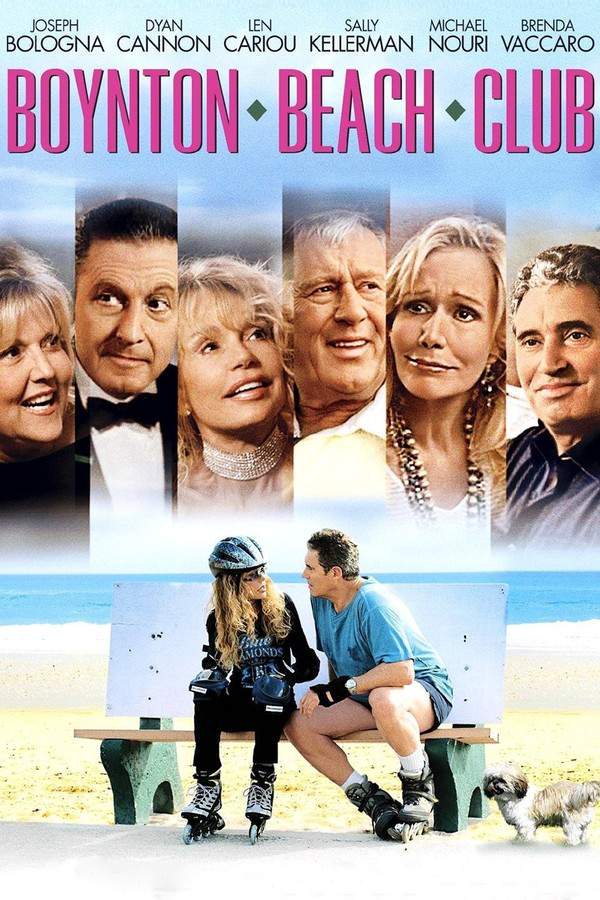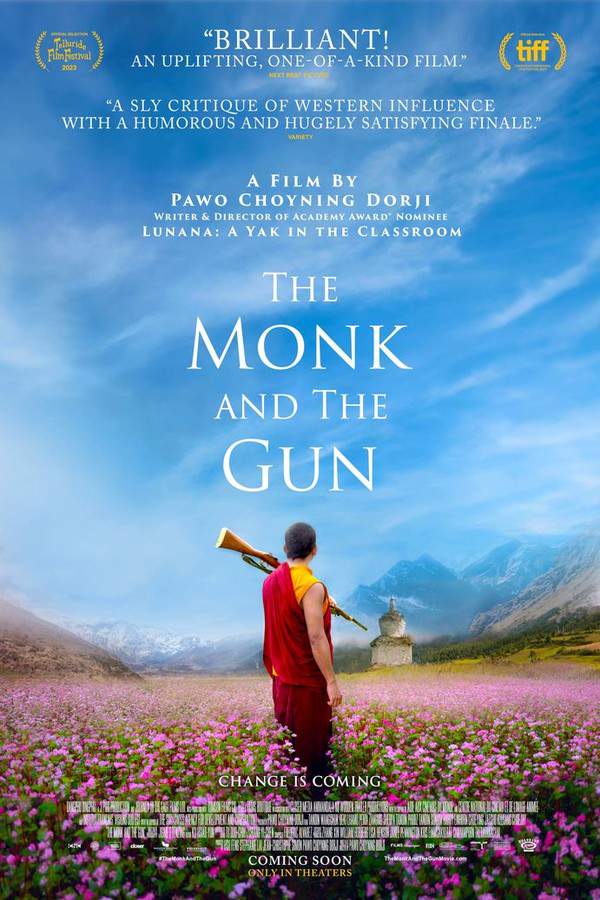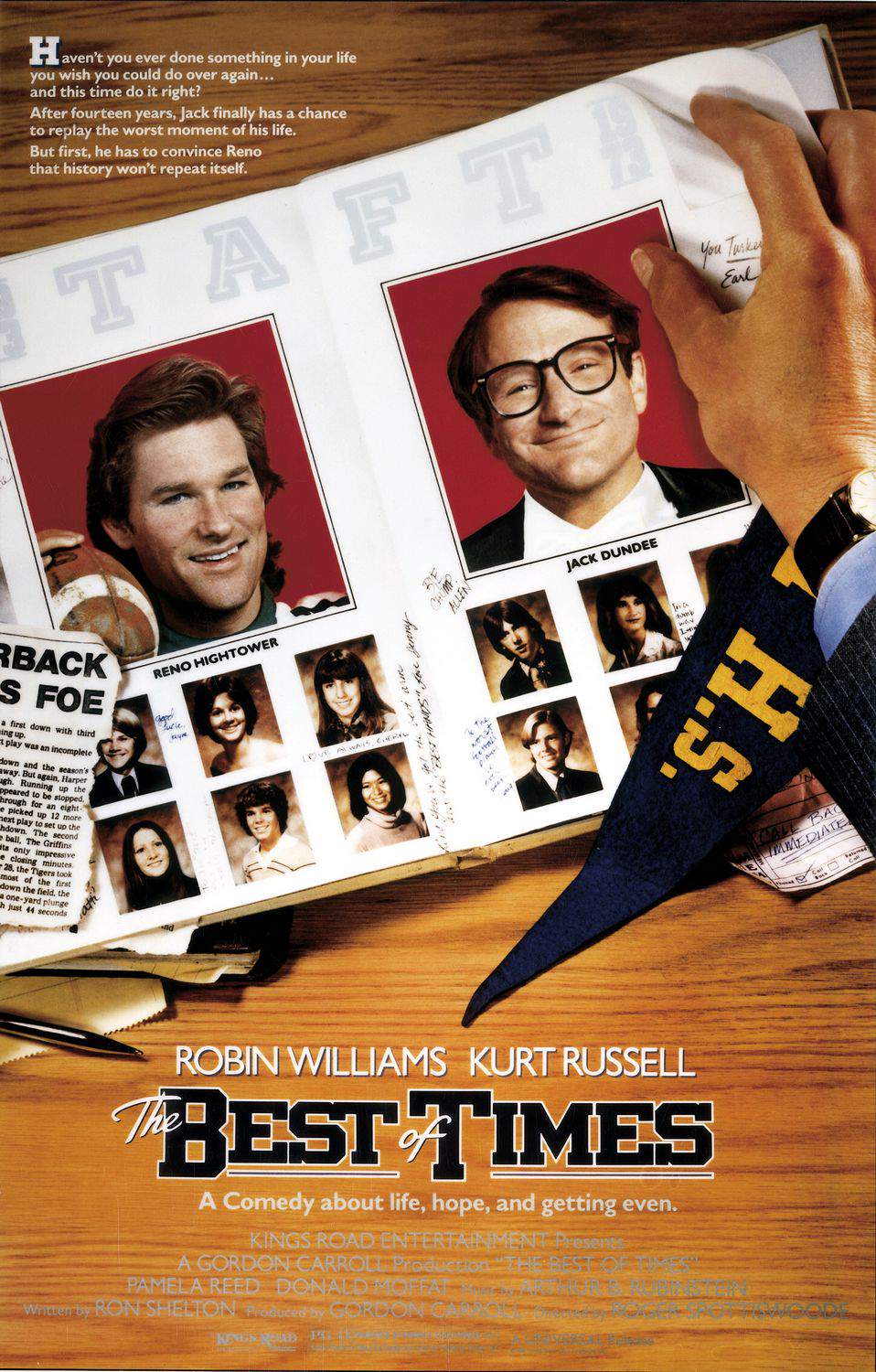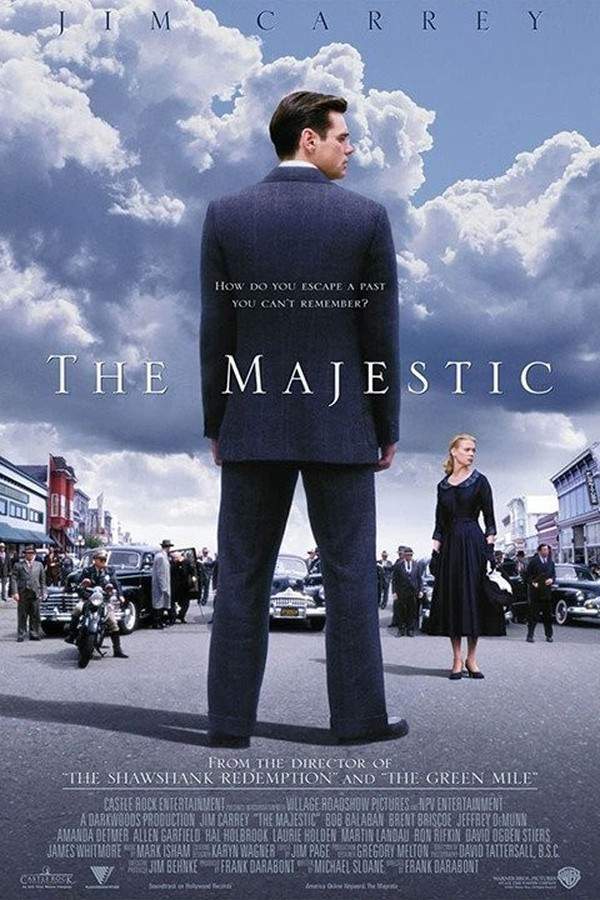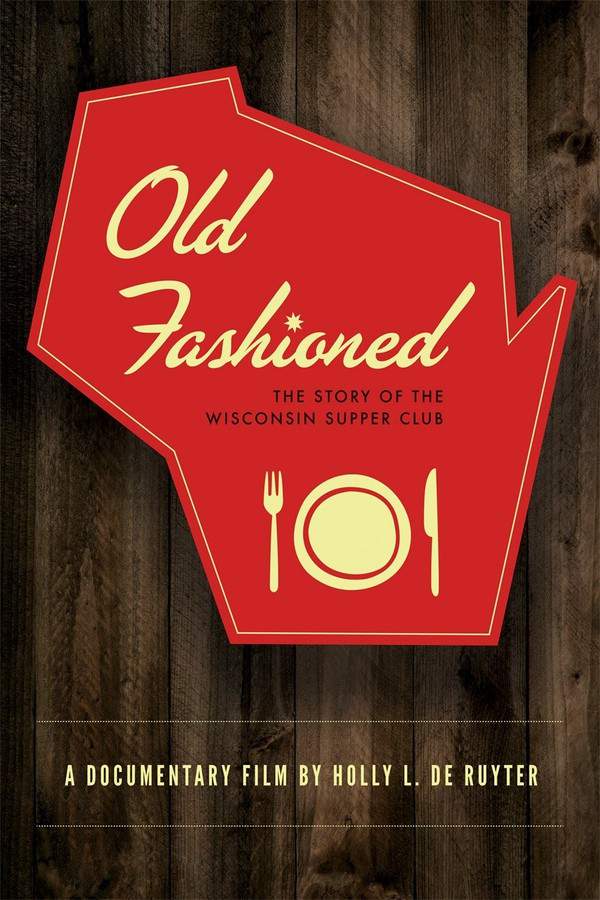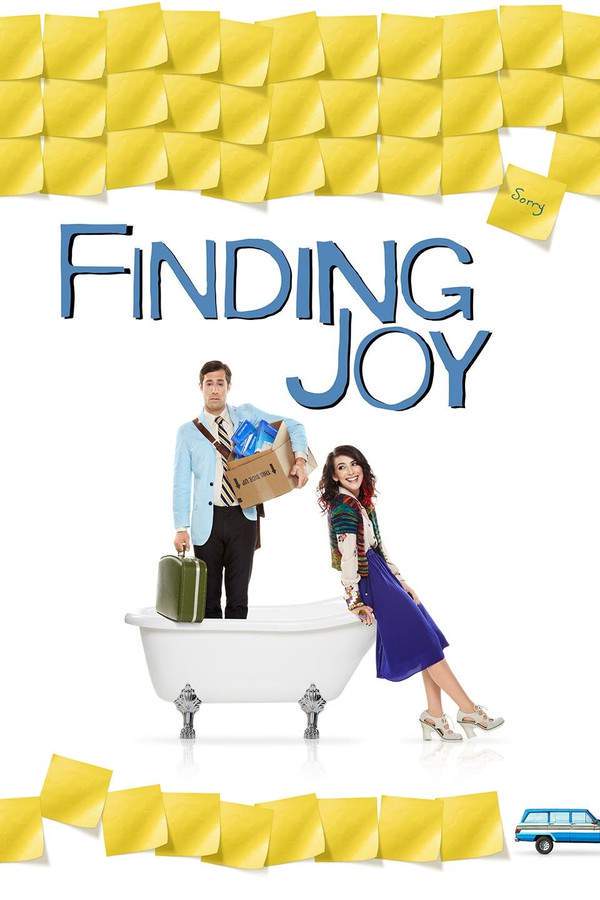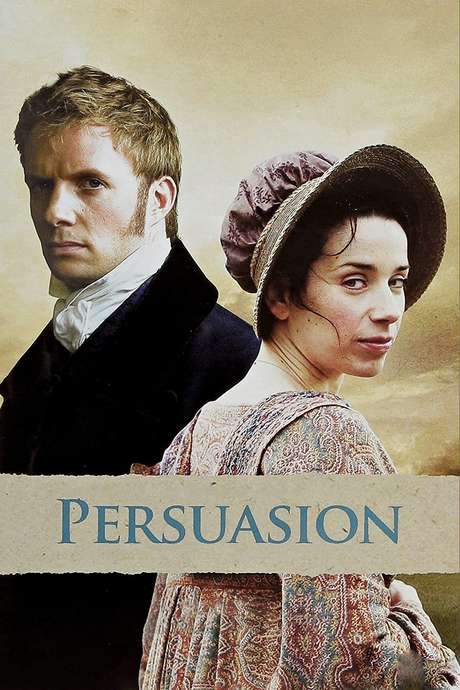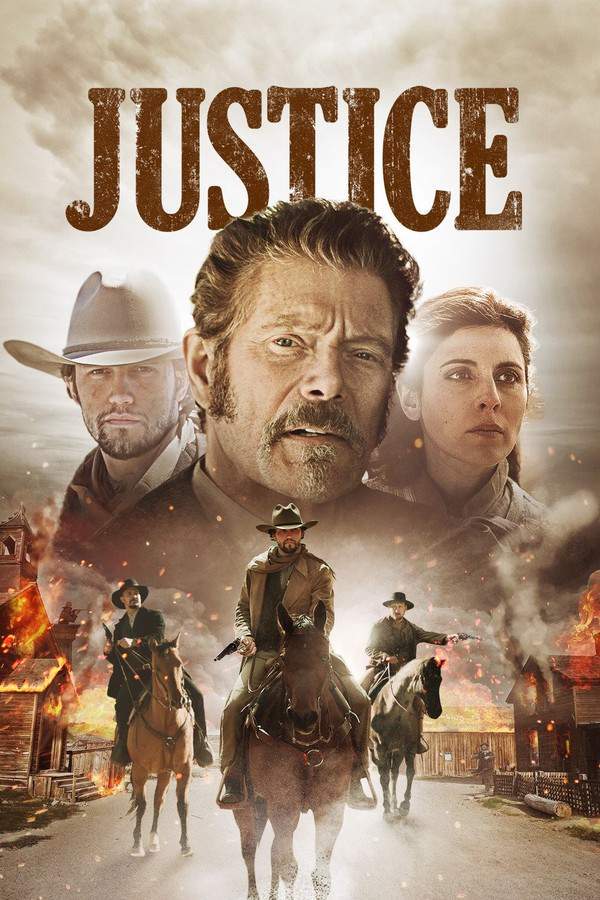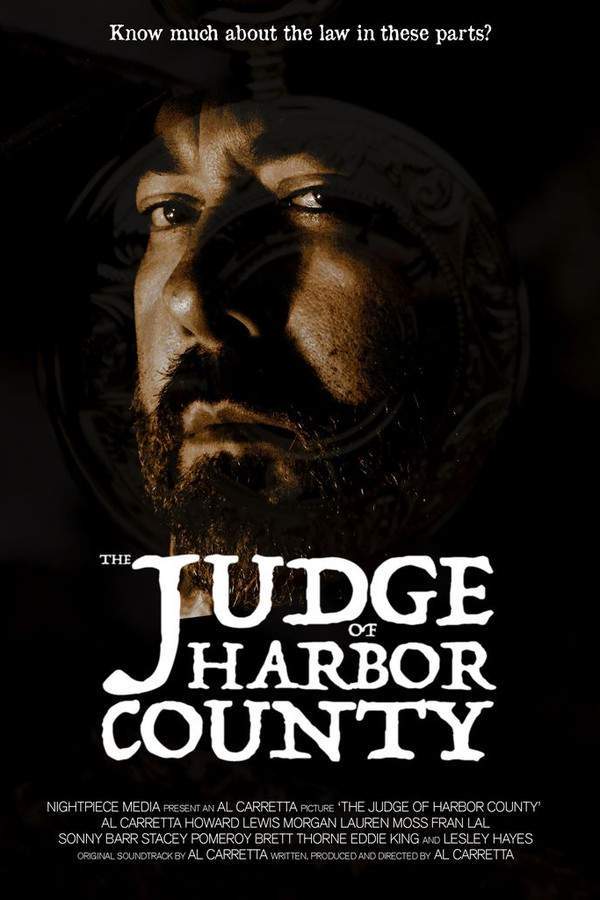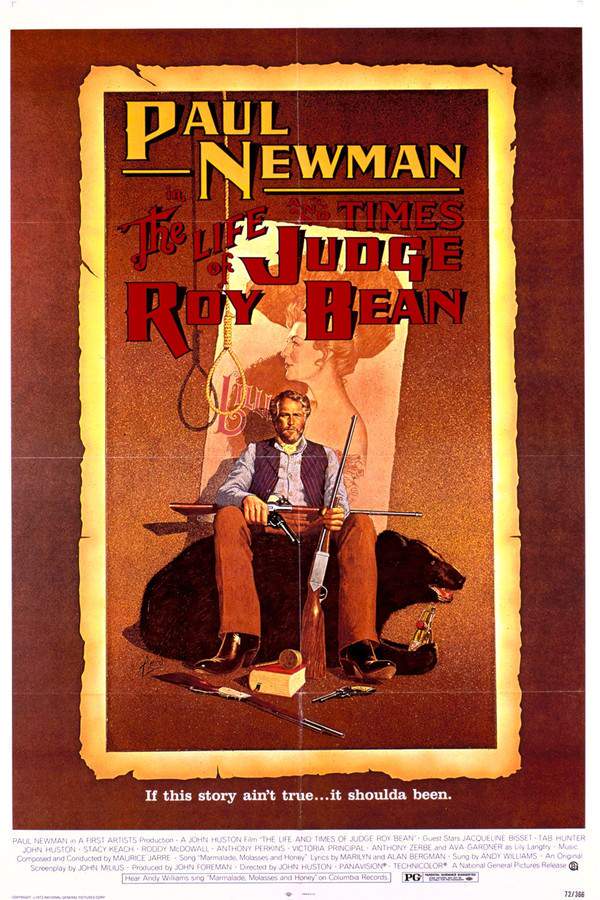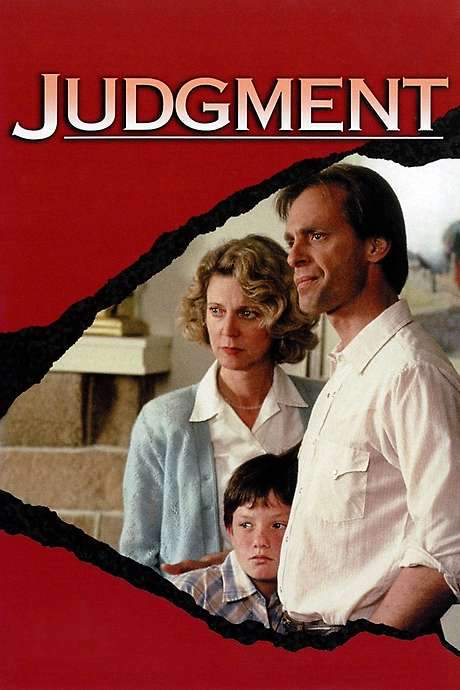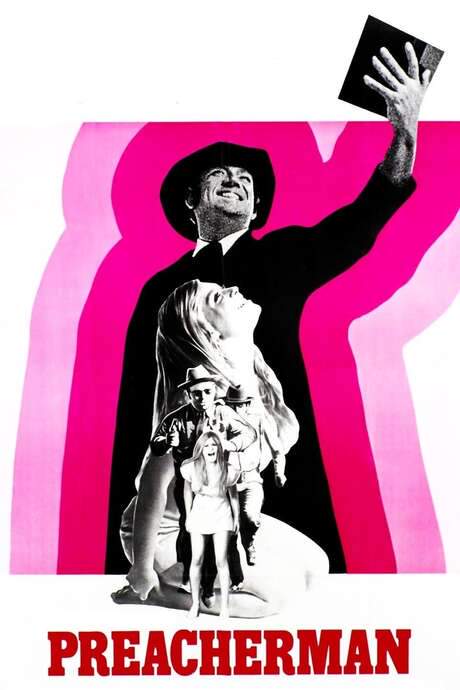
Judge Priest
Year: 1934
Runtime: 80 mins
Language: English
Director: John Ford
His relentless humor keeps the pace dizzy, as Judge Priest – a proud Confederate veteran – steps into a post‑bellum Kentucky town to restore justice. Relying on plain common sense and a deep humanity, he confronts chaos with wit and integrity, winning over locals.
Warning: spoilers below!
Haven’t seen Judge Priest yet? This summary contains major spoilers. Bookmark the page, watch the movie, and come back for the full breakdown. If you're ready, scroll on and relive the story!
Timeline & Setting – Judge Priest (1934)
Explore the full timeline and setting of Judge Priest (1934). Follow every major event in chronological order and see how the environment shapes the story, characters, and dramatic tension.
Last Updated: October 04, 2025 at 16:08
Main Characters – Judge Priest (1934)
Meet the key characters of Judge Priest (1934), with detailed profiles, motivations, and roles in the plot. Understand their emotional journeys and what they reveal about the film’s deeper themes.
Last Updated: October 04, 2025 at 16:08
Major Themes – Judge Priest (1934)
Explore the central themes of Judge Priest (1934), from psychological, social, and emotional dimensions to philosophical messages. Understand what the film is really saying beneath the surface.
Last Updated: October 04, 2025 at 16:08
Explore Movie Threads
Discover curated groups of movies connected by mood, themes, and story style. Browse collections built around emotion, atmosphere, and narrative focus to easily find films that match what you feel like watching right now.
Movies about small town justice like Judge Priest
Stories where a wise figure brings fairness and unity to a gentle community.If you liked the gentle courtroom drama and community spirit of Judge Priest, explore more movies where wise judges or town elders use wit and humanity to solve conflicts. These stories share a hopeful tone, steady pacing, and a comforting view of small-town life.
Narrative Summary
This thread features narratives where a central, respected figure—often a judge, lawyer, or elder—navigates the personal entanglements of a tight-knit community. Conflicts arise from romantic rivalries, family secrets, or social judgments, but are ultimately resolved through common sense and deep empathy, leading to communal reconciliation.
Why These Movies?
Movies are grouped here for their shared focus on a low-intensity, character-focused legal process within a specific community setting. They share a hopeful tone, a comforting mood, and a narrative that values mercy and human connection over rigid procedure.
Gentle and nostalgic movies like Judge Priest
Comforting stories that look back with warmth and affirm basic human goodness.Looking for more films with the warm, comforting feel of Judge Priest? This list features movies that evoke a sense of gentle nostalgia, where conflicts are resolved with wit and humanity, leaving you with a hopeful and reassuring feeling.
Narrative Summary
The narrative journey in these films is less about high-stakes conflict and more about the affirmation of positive values. Characters face minor social friction or personal doubts, but the story arc consistently moves toward healing, understanding, and a happy resolution that reinforces a sense of moral order.
Why These Movies?
These movies are connected by their primary emotional effect: they provide a viewing experience that is warm, gentle, and ultimately reassuring. They share a low intensity, a steady pace, a medium emotional weight that never becomes heavy, and a consistently hopeful outlook.
Unlock the Full Story of Judge Priest
Don't stop at just watching — explore Judge Priest in full detail. From the complete plot summary and scene-by-scene timeline to character breakdowns, thematic analysis, and a deep dive into the ending — every page helps you truly understand what Judge Priest is all about. Plus, discover what's next after the movie.
Judge Priest Summary
Read a complete plot summary of Judge Priest, including all key story points, character arcs, and turning points. This in-depth recap is ideal for understanding the narrative structure or reviewing what happened in the movie.

Judge Priest Timeline
Track the full timeline of Judge Priest with every major event arranged chronologically. Perfect for decoding non-linear storytelling, flashbacks, or parallel narratives with a clear scene-by-scene breakdown.

Judge Priest Spoiler-Free Summary
Get a quick, spoiler-free overview of Judge Priest that covers the main plot points and key details without revealing any major twists or spoilers. Perfect for those who want to know what to expect before diving in.

More About Judge Priest
Visit What's After the Movie to explore more about Judge Priest: box office results, cast and crew info, production details, post-credit scenes, and external links — all in one place for movie fans and researchers.

Similar Movies to Judge Priest
Discover movies like Judge Priest that share similar genres, themes, and storytelling elements. Whether you’re drawn to the atmosphere, character arcs, or plot structure, these curated recommendations will help you explore more films you’ll love.
Explore More About Movie Judge Priest
Judge Priest (1934) Plot Summary & Movie Recap
Judge Priest (1934) Scene-by-Scene Movie Timeline
Judge Priest (1934) Spoiler-Free Summary & Key Flow
Movies Like Judge Priest – Similar Titles You’ll Enjoy
Justice (2017) Story Summary & Characters
The Judge (2014) Spoiler-Packed Plot Recap
The Life and Times of Judge Roy Bean (1972) Film Overview & Timeline
Judge vs. Judge (1000) Movie Recap & Themes
Judgment (1990) Detailed Story Recap
The Judge (1984) Ending Explained & Film Insights
The Devil Judge (1000) Film Overview & Timeline
The Judge (1949) Full Summary & Key Details
Listen Judge (1952) Spoiler-Packed Plot Recap
Tell It to the Judge (1949) Plot Summary & Ending Explained
The Sun Shines Bright (1953) Plot Summary & Ending Explained
The Judge Steps Out (1947) Detailed Story Recap
A Family Affair (1937) Ending Explained & Film Insights
Preacherman (1971) Spoiler-Packed Plot Recap
The Judge from Hell (1000) Complete Plot Breakdown

